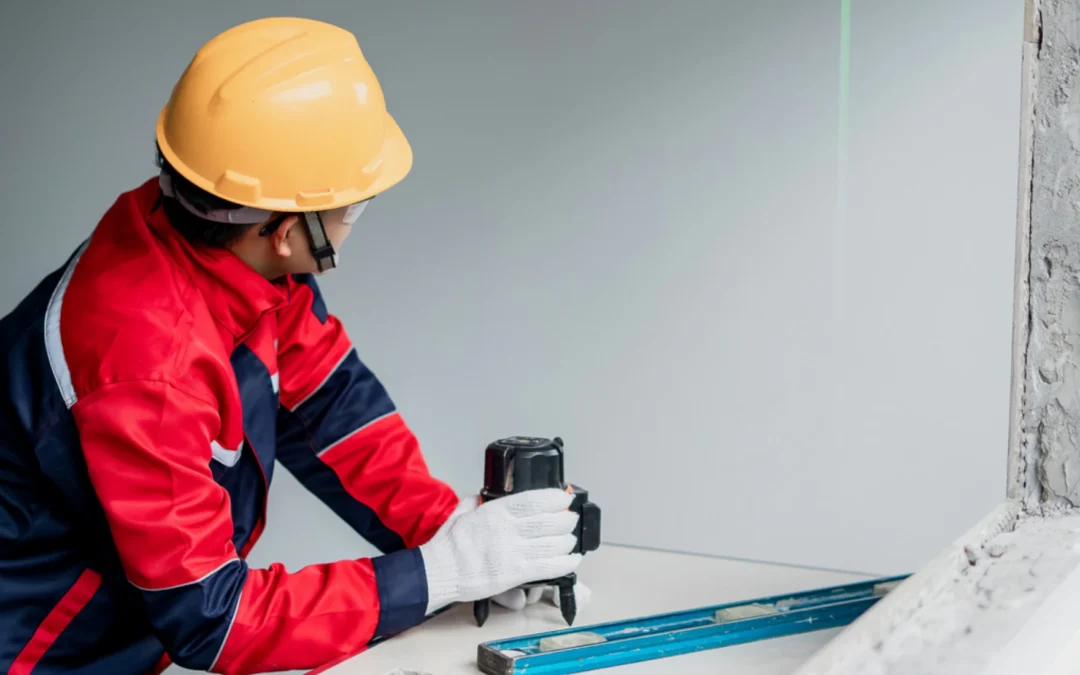The construction industry is undergoing a technological revolution, and drywall is no exception. Advancements in drywall technology in 2024 are transforming the way construction professionals approach installation, safety, sustainability, and efficiency. From fire-resistant drywall technologies to automation in drywall installation, these innovations are setting new standards for quality and performance in both commercial and residential projects. Let’s explore the emerging drywall technologies that are reshaping the future of construction.
Fire-Resistant Drywall: Enhancing Safety in Modern Construction
One of the most critical advancements in drywall technology is the development of fire-resistant drywall materials. These innovations are designed to offer greater protection in the event of a fire, particularly in commercial and high-density residential buildings.
Fire-resistant drywall contains special additives that slow the spread of flames, giving occupants more time to evacuate and minimizing structural damage and making them an essential component in modern construction where safety regulations are stricter than ever.
Sustainable Drywall Solutions: A Greener Approach
Sustainability has become a priority in every sector, and construction is no different. Emerging sustainable drywall materials are designed to reduce the environmental impact of building projects. These products are made from recycled content, low-emission materials, and have been optimized for energy efficiency.
Recycled drywall not only helps reduce landfill waste but also lowers the carbon footprint associated with manufacturing new materials. Additionally, many of these eco-friendly drywall solutions are designed to improve indoor air quality, which is a growing concern for building occupants.
Acoustic Drywall: Soundproofing for Commercial and Industrial Spaces
In commercial and industrial construction, controlling sound is essential for productivity and comfort. Acoustic drywall innovations are playing a pivotal role in reducing noise pollution in office buildings, hotels, hospitals, and educational facilities. These soundproof drywall solutions are designed with dense core materials that block or absorb sound, significantly reducing noise transfer between rooms or from external sources.
By installing soundproof drywall, contractors can enhance the acoustics of commercial spaces, making them more conducive to work and reducing distractions.
Automation and Robotics in Drywall Installation: The Future of Efficiency
Finally, automation and robotics in drywall installation are driving significant improvements in both precision and cost efficiency. Automated machines can apply drywall faster and with greater accuracy than manual labor, reducing the risk of errors and improving overall quality. Robotics can also perform tasks that are typically labor-intensive, such as taping and sanding, freeing up skilled workers to focus on more complex aspects of the project.
As the construction industry faces labor shortages and increasing demands for speed, automation is becoming an indispensable tool.
Embracing Innovation for a Better Future
The innovations in drywall technology we have seen in 2024 are revolutionizing the construction industry. From fire-resistant drywall technologies to robotics that aid installation, these advancements are helping contractors deliver safer, more sustainable, and more efficient projects–and Curtis Partition stays at the cutting-edge of all of it. By embracing these emerging technologies, construction firms can improve the quality of their work, reduce costs, and meet the growing demands of modern building standards.

